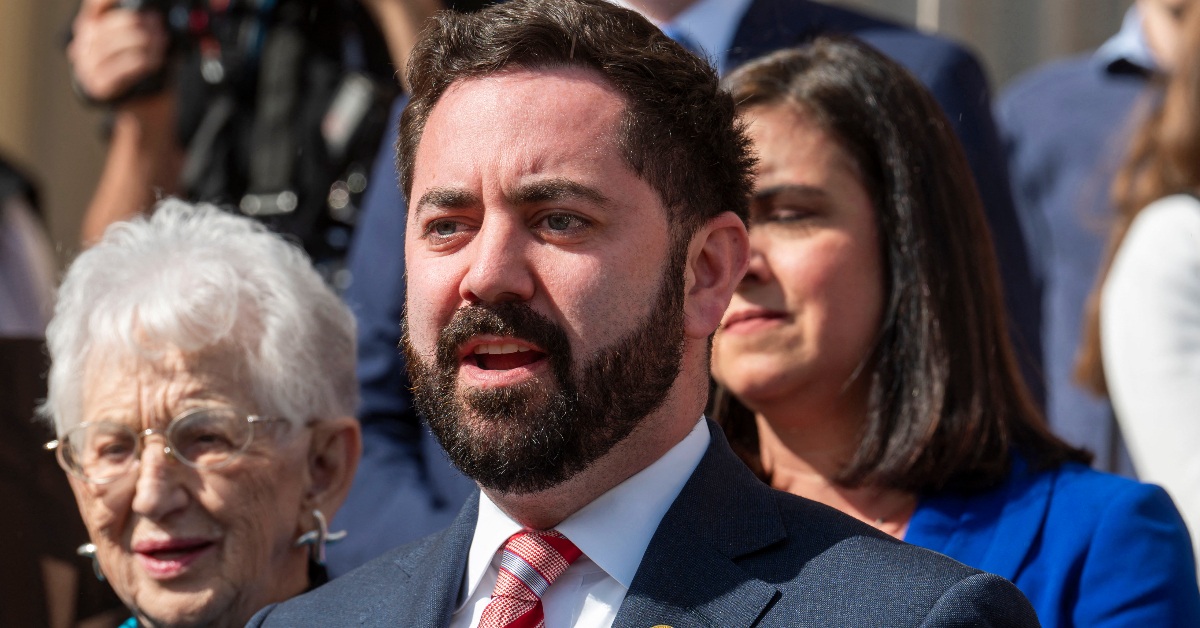BY: Walker
Published 4 years ago

Minimum wage won’t cover the cost of rent anywhere in the country, according to a new report.
via: Complex
National Low Income Housing Coalition report showing just how dire the situation is for many Americans who are forced to work dramatically extended hours just to afford even the most basic of necessities.
The Out of Reach report, highlighted by CNN’s Anna Bahney earlier this week, includes Housing Wage breakdowns which provide estimates of the hourly wage full-time workers would need to earn to afford a rental home at the “fair market rent” value without spending more than 30 percent of their incomes. Fair market rents, it’s worth noting, are estimates of what an individual moving today should expect to pay for a modestly priced rental home.
For 2021, the Housing Wage is $24.90 per hour for a modest two-bedroom rental home and $20.40 per hour for a one-bedroom. Sickeningly enough, the federal minimum wage is currently $7.25. However, if the federal minimum wage had kept up with the rate of productivity growth, it would now be more than $21 per hour.
At the current rates, a full-time minimum wage employee can afford a one-bedroom rental in just seven percent of all counties in the country. Meanwhile, according to the report, there is no region where a full-time minimum wage employee can afford a two-bedroom rental at fair market rent.
In fact, the average minimum wage worker would have to work roughly 97 weekly hours to afford a two-bedroom rental home or 79 weekly hours for a one-bedroom. For an even closer look at how preposterous all of this is, someone working 97 hours a week and somehow still managing to get eight hours of sleep every night would only have about two hours left in each day to do anything else.
The National Low Income Housing Coalition, established in 1974 by Cushing N. Dolbeare, aims to bring about public policy that ensures those living under the lowest incomes can have access to affordable and decent homes. Since 1989, the coalition’s expansive Out of Reach project has called attention to the massive gap between wages and what people actually need to live.
In January, Democrats introduced legislation that would bump the federal minimum wage up to $15 by 2025. The following month, Republicans responded by instead calling for wages to be lifted only to $10 during the same time frame.
In California, where the minimum wage is $14 an hour, the cost of housing is so high that it still has the highest housing wage: A person in California needs to earn $39.03 an hour to afford a two-bedroom apartment and $31.06 for a one-bedroom.










